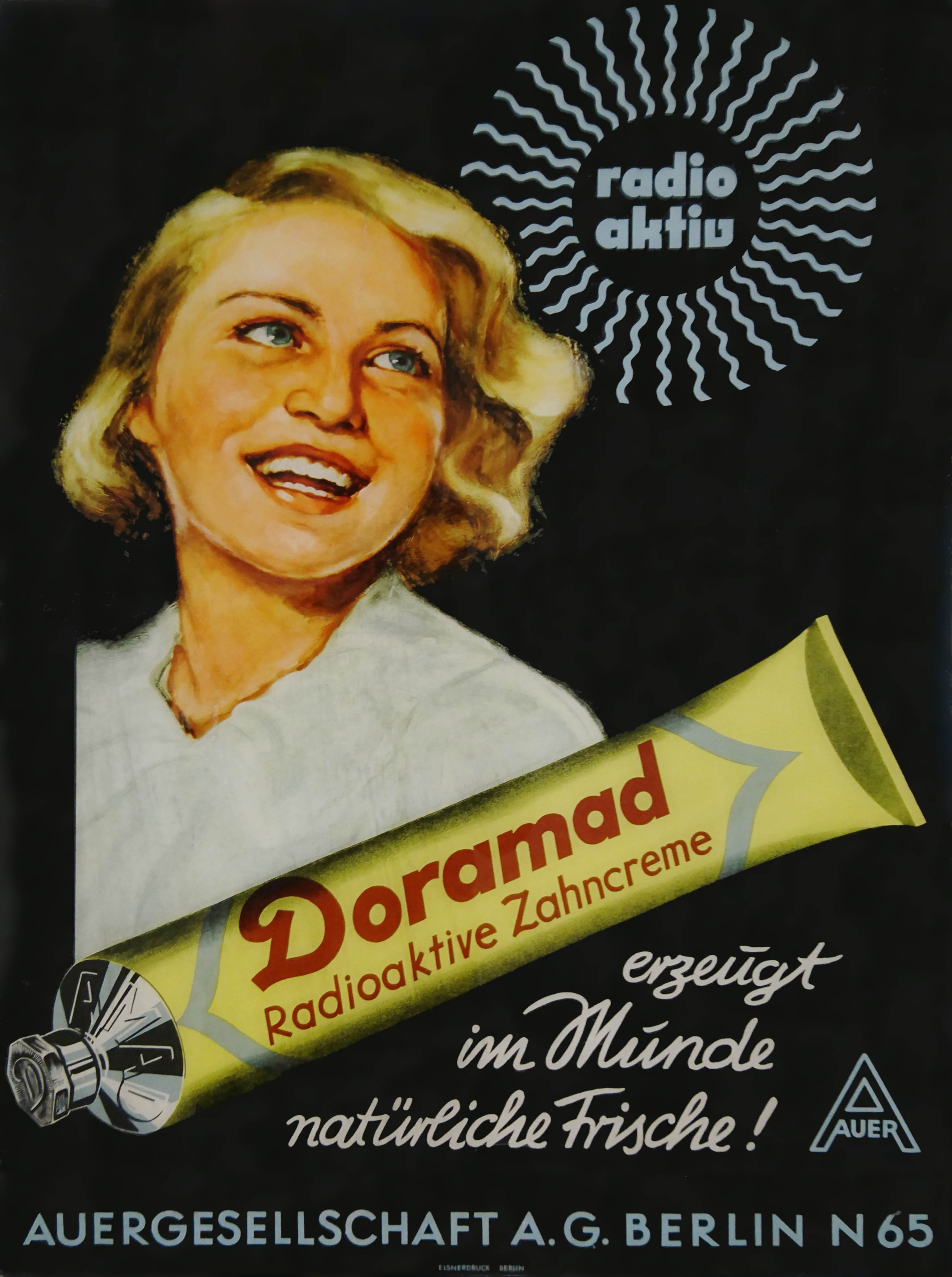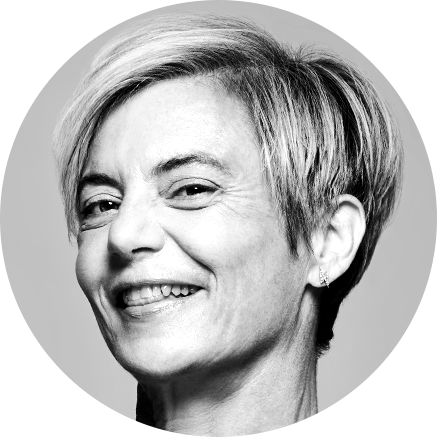The History Podcast: Half-Life BBC Radio 4/BBC Sounds
The Binge Crimes: The Arsonist Next Door The Binge
Country Daft BBC Radio Scotland/BBC Sounds
The Autism Curve BBC Radio 4/BBC Sounds
The History Podcast: Half-Life Radio 4/BBC Sounds
“My grandmother grew up brushing her teeth with radioactive toothpaste.” I thought I was completely done with history shows, but Half-Life, the latest series in BBC Radio 4’s The History Podcast strand, has won me over. Hosted by the excellent novelist Joe Dunthorne (he wrote Submarine, as well as the recently released book Children of Radium, on which this series is based), Half-Life begins by taking us to Germany around the time of the second world war. It’s an unashamedly personal story. Dunthorne’s Jewish family escaped Nazi Germany for Turkey in 1935, but returned so that his great-grandfather Siegfried, a chemist, could continue with his job. Siegfried’s big claim to fame? The manufacture of radioactive toothpaste. All his family, including his children, used it. They smuggled tubes of it with them when they fled Germany, and when in Germany, their home was right by the toothpaste factory. “It charged your gums with new light energy and left your teeth blindingly white,” said the packaging. Doramad was its name.
What a great hook! We’re in, especially as Dunthorne interviewed his Doramad-using granny, Siegfried’s daughter, a few years ago, and still has the audio. However, Dunthorne himself admits that the interview isn’t very good. His granny is grumpy; she says she never did the things he thought she did, and he doesn’t follow up on her more interesting answers. Never mind: great-grandpa Siegfried has written a detailed memoir. Nobody has bothered to read it. Dunthorne does. He describes it as “506 pages of him clearing his throat, then 13 pages of saying it”. On those 13 pages, Siegfried makes a confession. And off we go, with Dunthorne, to find out what this confession might mean.
Clearly, this is an interesting story, and as we join Dunthorne on his quest, we discover more interesting tales. In episode two we visit Oranienburg, Germany, a place still littered with about 400 unexploded Allied bombs, all buried in the ground. These will, says a guide, explode “sooner or later”. The metaphor is pretty clear. Gradually, we come to understand that Siegfried’s confession wasn’t quite as truthful as it seemed.
In fact, right from episode one, Dunthorne says that not only are the myths of his family a bit off, but his own excavation of their history isn’t always the best either. We’re on shaky ground, which could have made the show frustrating. But the excellent production (Eleanor McDowell for Falling Tree, always brilliant) and Dunthorne’s humour and self-deprecation lift this tale way above the ordinary. By episode four, when Dunthorne and McDowell are trying to get into a weapons factory in Turkey, it’s clear that Half-Life is far more than your everyday history series. Simultaneously gentle and devastating, it provides evidence that historians have been looking for, while also running cheerfully into blind alleys. And it reminds us that memory is slippery, especially when you use it to give yourself an identity. No matter how hard we try to avoid stepping on them, those hidden bombs will eventually go off.
The twists in Half-Life come quietly but they arrive all the time. And in The Arsonist Next Door, a Novel production for the Binge podcast network, there’s also a series of twists. Some are more tenuous than others. But at least they come! Many true crime shows don’t have an answer to their whodunnit. This show does, and something nastier is revealed too.
The year is 2000 and we’re on the outskirts of Phoenix, Arizona, where Lee Benson, a successful businessman, is having a big house built on some land he’s bought. But someone burns it down and leaves a scary message saying that, if Benson rebuilds, the house will be burnt down again. The arson seems to be the work of eco-terrorists, upset by this enormo-home going up right next to the desert. Soon, other houses are destroyed by fire too…
Hosted by the clear and diligent Sam Anderson, this is a well-told story, although the final episode’s revelations are somehow both horrible and flimsy, with the analysis of the central criminal leading to “what if” political extrapolation. Still, it’s unusual to hear the (rather spooky) audio that actually catches the criminal out, and even more unusual for a true crime story to uncover extra information.
Here’s a much more cheering hour of audio: Country Daft, about how much Glasgow loves American country music. Audrey Gillan, whose docs are always worth looking out for (she made the award-winning Tara and George), explores how Scotland’s love of country music has changed and blossomed over the years. This has happened across the world – there are very few places that haven’t enjoyed Shaboozey’s A Bar Song over the past 12 months – but there’s a longstanding line-dancin’, rootin’-tootin’ love of country music embedded deep in Glasgow’s heart, and Gillan’s exploration of this is pacey and fun.
More sobering, and indeed far more sober, is Radio 4’s new series The Autism Curve. Hosted by Michael Blastland, who has an autistic son, this is a calm and clear offering, if also rather flavourless. In the first episode, which considers whether new data shows that autism is being under- or overdiagnosed, so much discussion of “highly heterogeneous” results and “upper-band prevalence” makes for a dry listen. Autism is an interesting, often emotional, subject that should, of course, be discussed in a careful manner. Still, a little more oomph might have been nice.
Newsletters
Choose the newsletters you want to receive
View more
For information about how The Observer protects your data, read our Privacy Policy

